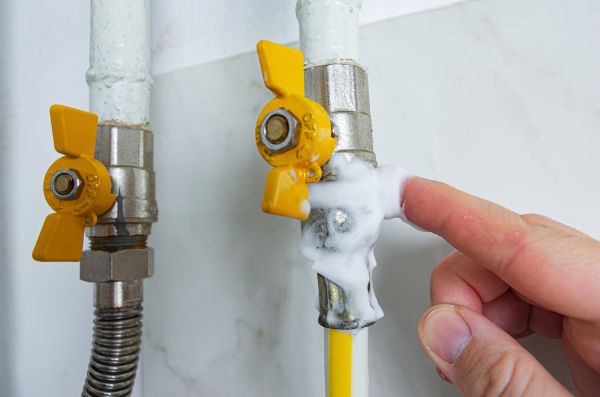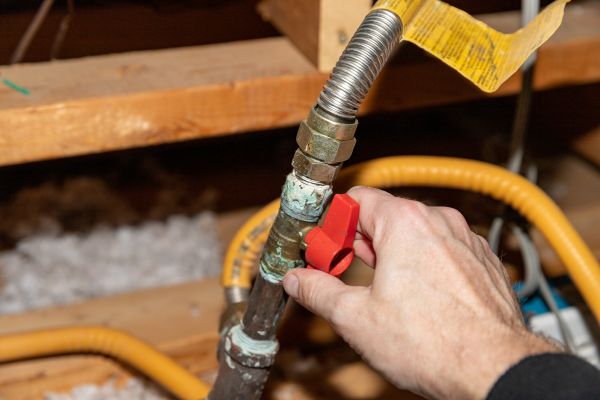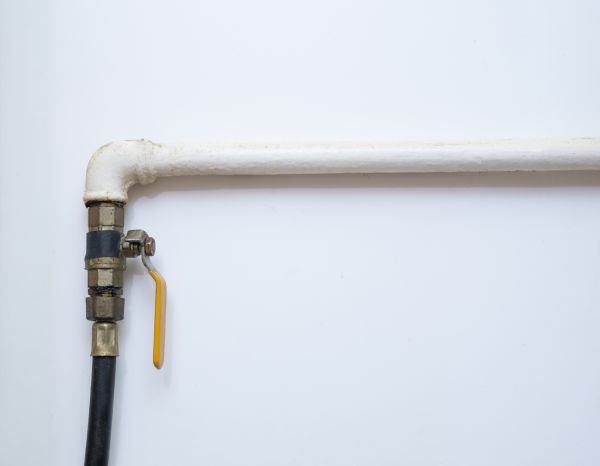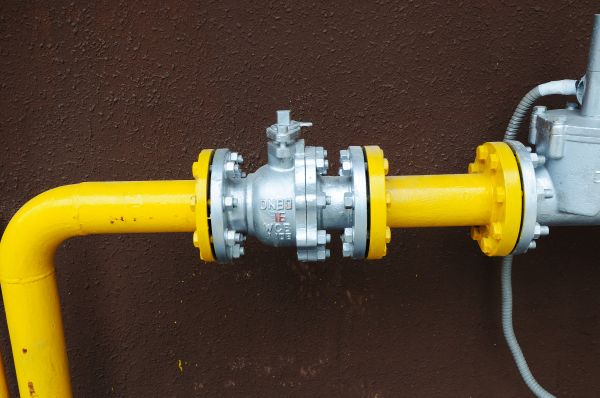Residential Gas Piping Service
Affordable Residential Gas Piping
Residential gas piping is an integral part of a home's infrastructure, providing a safe and efficient means to deliver natural gas to various appliances such as stoves, water heaters, and furnaces. Properly installed gas piping ensures that natural gas is distributed safely and efficiently throughout the home, minimizing the risk of leaks and potential hazards. This system is crucial for maintaining the overall safety and functionality of a household, as well as optimizing energy consumption and reducing costs associated with other energy sources.
Benefits of Residential Gas Piping
-
Energy Efficiency
Natural gas is a highly efficient energy source, often outperforming electricity in terms of cost-effectiveness for heating and cooking. Homes equipped with gas piping can take advantage of this efficiency, leading to lower utility bills and a reduced environmental footprint. -
Reliability
Gas piping systems offer a reliable supply of energy, particularly during power outages. Since natural gas lines are underground, they are less susceptible to weather-related disruptions, ensuring that essential appliances remain operational when needed the most. -
Versatility
With residential gas piping, homeowners can power a wide range of appliances, from kitchen stoves and water heaters to outdoor grills and fireplaces. This versatility allows for greater flexibility in home design and appliance selection, enhancing the overall living experience. -
Increased Home Value
Homes with installed gas piping systems are often more attractive to potential buyers. The presence of a gas line can be seen as a modern amenity, potentially increasing the home's market value and appeal.
FAQs About Residential Gas Piping
What is residential gas piping?
Residential gas piping is a system of pipes that delivers natural gas from the supply source to various appliances within a home.
How often should gas piping be inspected?
Gas piping should be inspected regularly by a qualified professional, typically once a year, to ensure safety and proper function.
Can I install gas piping myself?
Due to safety concerns and the technical nature of gas piping installation, it is recommended that only licensed professionals handle the installation and maintenance.
What should I do if I smell gas in my home?
If you detect a gas odor, evacuate the premises immediately and contact emergency services. Do not attempt to locate the source of the leak yourself.
Fill out the contact form today to request Residential Gas Piping installation or maintenance. Enjoy the benefits of energy efficiency, reliability, and increased home value by choosing professional Residential Gas Piping services.




